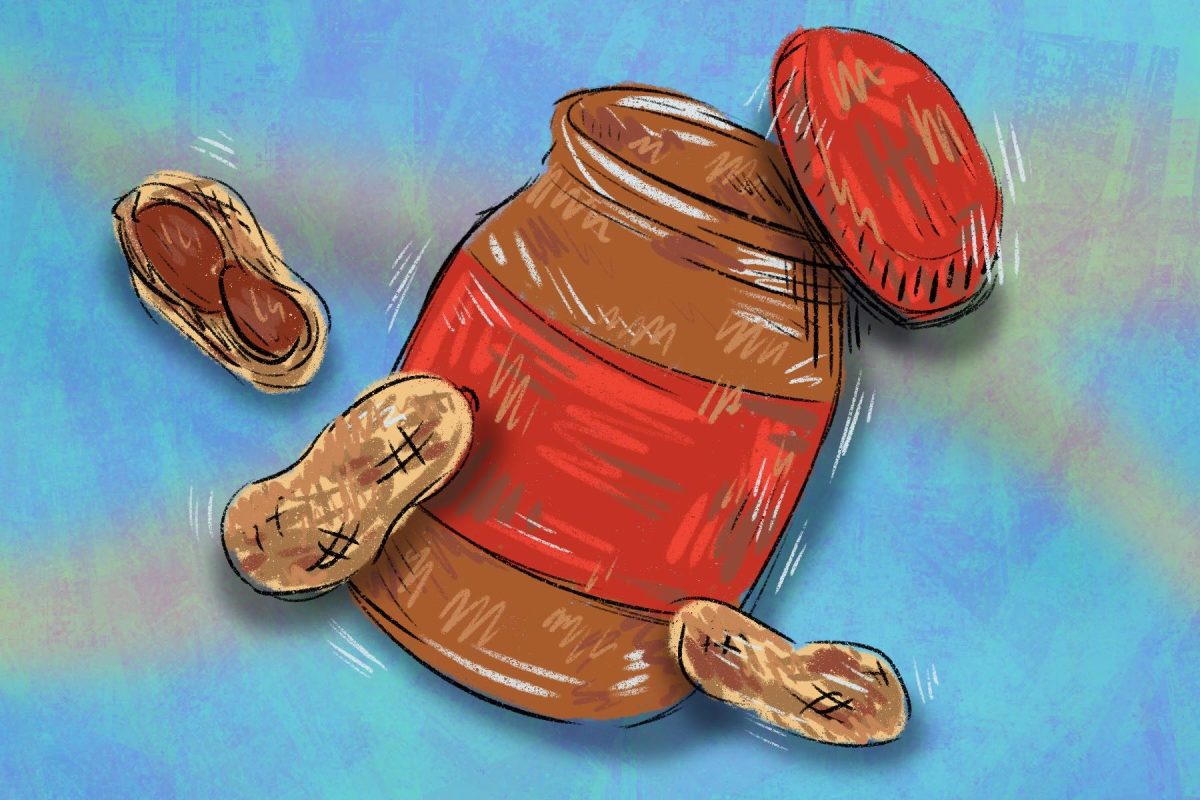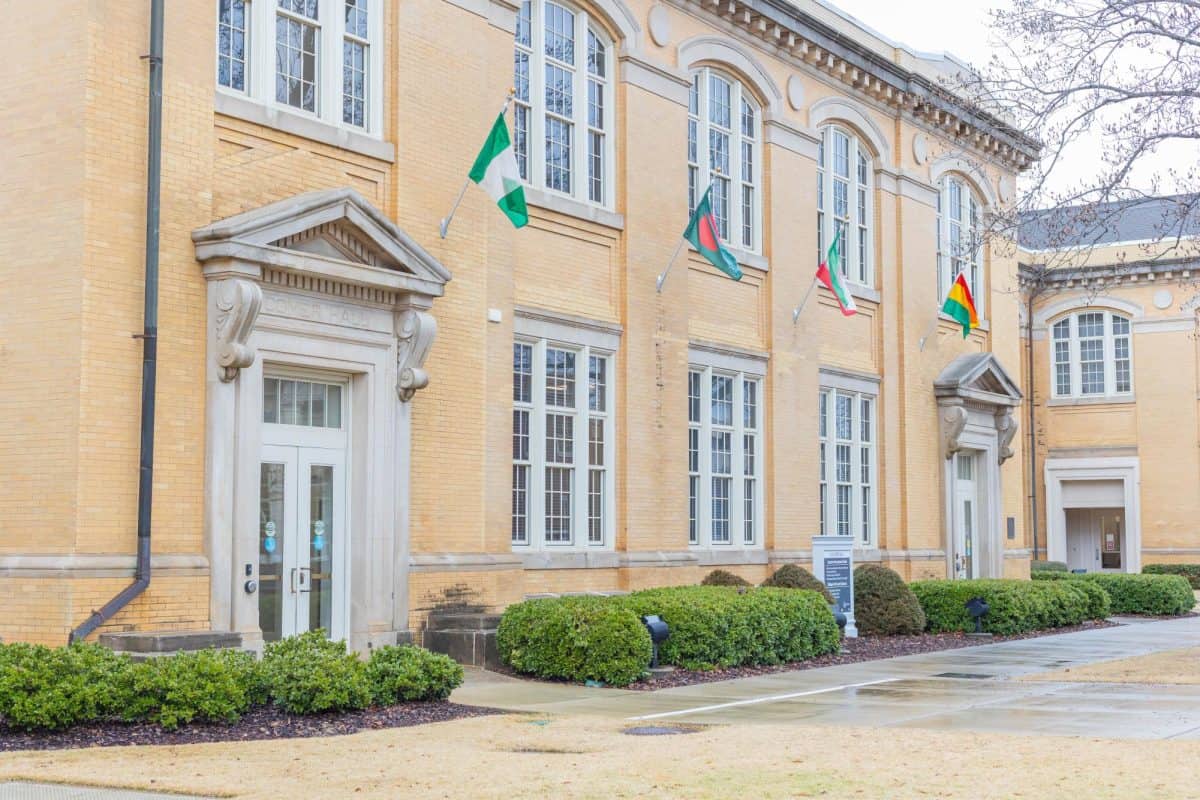A group of 15 alumnae of The University of Alabama Psi chapter of Alpha Gamma Delta Women’s Fraternity signed an emailed letter dated Oct. 11. The letter outlined their reasoning to believe the sorority’s international headquarters had “incorrectly labeled [them] as racists” through the internal investigation conducted following the publication of The Crimson White’s Sept. 11 article “The Final Barrier.” The article, which detailed alumnae involvement in the discrimination of at least two black women during UA Panhellenic sorority recruitment, spurred campuswide movements and far-reaching changes to the University and the greek system. Hundreds of students, faculty and staff joined together in a march to Rose Administration Building, and discussions on diversity reached every corner of campus. UA President Judy Bonner spoke with sorority leaders and reopened the bidding process, and as a result, 23 minority women accepted bids into traditionally white sororities.
However, the alumnae signees of the letter concluded that an inadequate review of Psi chapter policies, misleading statements about the investigation and inaction to remove derogatory comments from social media helped further tarnish their name. Additionally, the letter claims, “It is our understanding that some collegians have been compensated in exchange for revealing confidential information or giving interviews to the media.”
To maintain transparency, The Crimson White immediately conducted an internal investigation into the accuracy of this allegation, completely separate from the report by CW News Editor Mark Hammontree, and has found that the statement is untrue as it pertains to The Crimson White. Over the years, The Crimson White has developed a strict code of journalistic ethics in which we keep close to. “The Final Barrier” was carried through daily checks with top editors, a process of determining source dependability, conversations with a media lawyer and a series of intense fact-checking before going to print. As a newspaper, we agreed that in order to give the issue a structure to withstand negative response and backlash, it must be factually and ethically sound.
In wake of this allegation, we are disappointed to hear of attempts to place blame that could potentially delegitimize such a serious issue at the University, particularly when these attempts are based upon hearsay. These rumors only serve to quiet the voices of those who spoke out against a secretive process, deny the validity of personal experiences with discrimination and slow the positive strides made by the UA community. If substantial evidence emerges that a news organization has acted unethically in this issue, The Crimson White will pursue that evidence with the same journalistic integrity with which we approached sorority segregation. We will continue to provide accurate information and serve as a voice to this community, and we will not back away by the sound of hearsay.
Our View is the consensus of The Crimson White Editorial Board.








